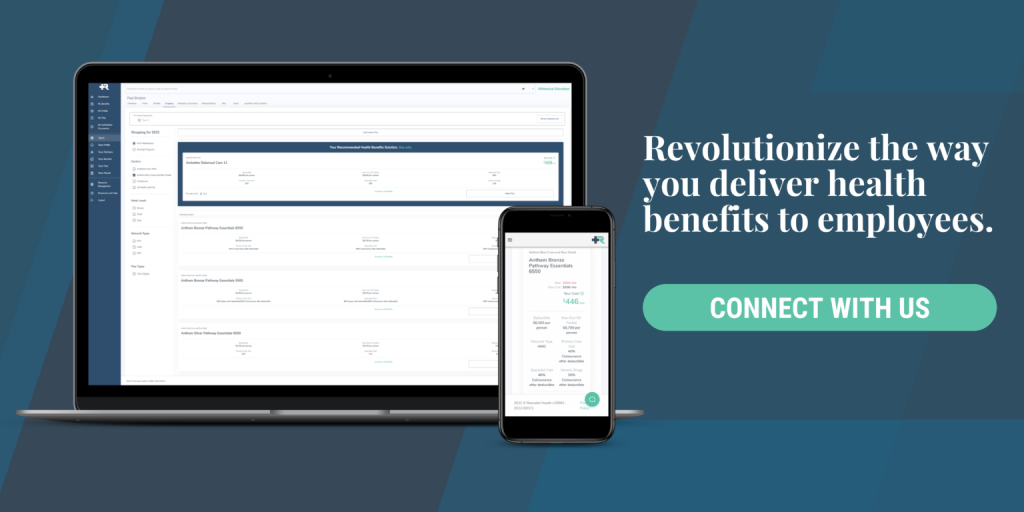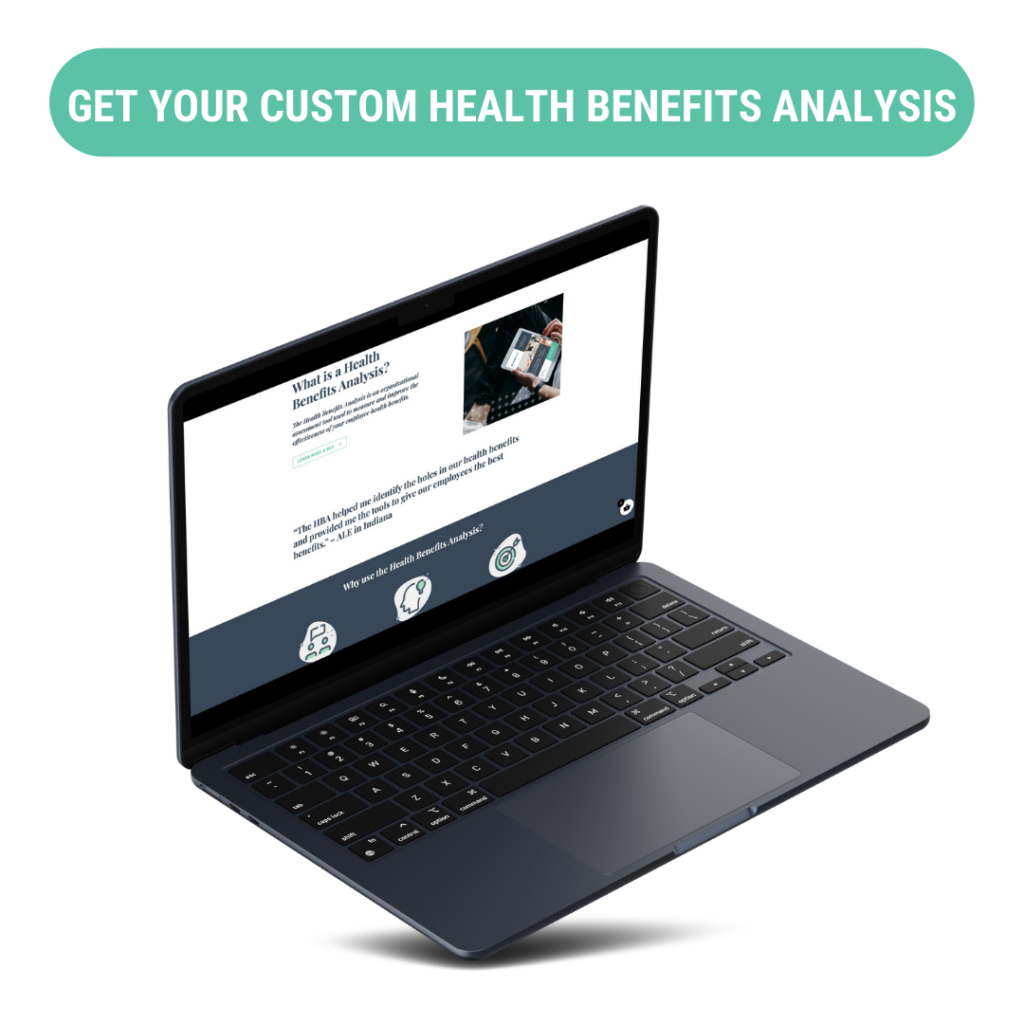Unlocking the Benefits: ICHRA Qualified Expenses
By Remodel Health Team on Jul 27, 2023 12:55:00 PM

Employers and employees alike are seeking innovative solutions to meet their unique healthcare needs. The Individual Coverage Health Reimbursement Arrangement (ICHRA) has emerged as a customizable option that empowers individuals to take charge of their health insurance decisions.
However, to make the most of this arrangement, it is important to understand the eligible expenses under ICHRA. It’s time to explore the intricacies of ICHRA qualified expenses and shed light on the medical expenses covered.
Understanding Eligible Expenses under ICHRA
ICHRA allows employers to allocate funds to their employees on a tax-free basis, which can be used to purchase individual health insurance coverage or pay for qualified medical expenses. These expenses are generally those allowed under Section 213(d) of the Internal Revenue Code. While the list of eligible expenses is extensive, it is important to note that certain restrictions and limitations apply. However, within these boundaries, ICHRA provides individuals with considerable freedom to utilize their allocated funds for a range of healthcare needs!
Medical Expenses Covered by ICHRA
1. Health Insurance Premiums
ICHRA funds can be used to pay for individual health insurance premiums, including policies purchased through state or federal marketplaces, private exchanges, or directly from insurance carriers. This flexibility allows employees to choose plans that best suit their personal and family needs.
2. Prescription Drugs
Prescription medications prescribed by a healthcare professional are generally covered under ICHRA. From essential maintenance medications to acute treatments, individuals can utilize their allocated funds to meet their prescription drug needs.
3. Doctor and Specialist Visits
ICHRA funds can be used to cover the costs of visits to primary care physicians, specialists, and other healthcare providers. This includes routine check-ups, consultations, and necessary medical treatments.
4. Hospital and Surgical Services
Inpatient and outpatient hospital services, surgical procedures, and associated fees are generally eligible expenses under ICHRA. This allows individuals to have financial support for necessary medical interventions, ensuring they can access quality healthcare when needed.
5. Diagnostic Tests and Laboratory Services
From X-rays and MRIs to blood tests and lab work, ICHRA funds can be utilized for various diagnostic tests and laboratory services. These essential services aid in accurate diagnosis and appropriate treatment planning.
Restrictions and Limitations on Expenses
While ICHRA provides significant flexibility, it is important to be aware of certain restrictions and limitations associated with eligible expenses. Here are a few key considerations:
1. Over-the-Counter Medications
With the exception of insulin, over-the-counter medications are generally not considered eligible expenses under ICHRA. This change was introduced with the passage of the CARES Act in 2020.
2. Alternative Treatments and Procedures
ICHRA funds may not cover expenses related to alternative treatments, experimental procedures, or services that are not considered medically necessary.
3. Cosmetic Procedures
Cosmetic procedures, such as elective surgeries or treatments primarily performed for aesthetic purposes, are typically not eligible expenses under ICHRA. However, exceptions may apply in cases where they are deemed medically necessary.
4. Non-Medical Expenses
Expenses unrelated to medical care, such as gym memberships, vitamins and supplements, and general well-being programs, are generally not eligible under ICHRA.
From health insurance premiums to medical consultations and procedures, ICHRA funds cover a wide range of medical expenses. By leveraging the power of ICHRA and its qualified expenses, individuals can navigate the world of healthcare with confidence and take control of their well-being. At Remodel Health, we’re here to help set up and manage ICHRAs for organizations.
If you’re ready to make the switch and utilize ICHRA, connect with us today!

Check out more resources
See these related articles

Successfully Implementing ICHRA: A Comprehensive Guide for Companies
With Individual Coverage Health Reimbursement Arrangements (ICHRA), companies now have a flexible, cost-effective option for health benefits.

What Are the Steps to Set Up an ICHRA? A Step-By-Step Guide for Employers
If you’ve decided that the Individual Coverage Health Reimbursement Arrangement (ICHRA) is the way to go, you’re in the right place.

Mastering ICHRA Contribution Basics
In recent years, the Individual Coverage Health Reimbursement Arrangement (ICHRA) has emerged as a powerful tool for employers to provide flexible, personalized healthcare options to their employees. With formal rules established, employers are now able to contribute to their employees’ purchase of ACA Individual/Family plans or Medicare costs, a move that ushers in a new […]

